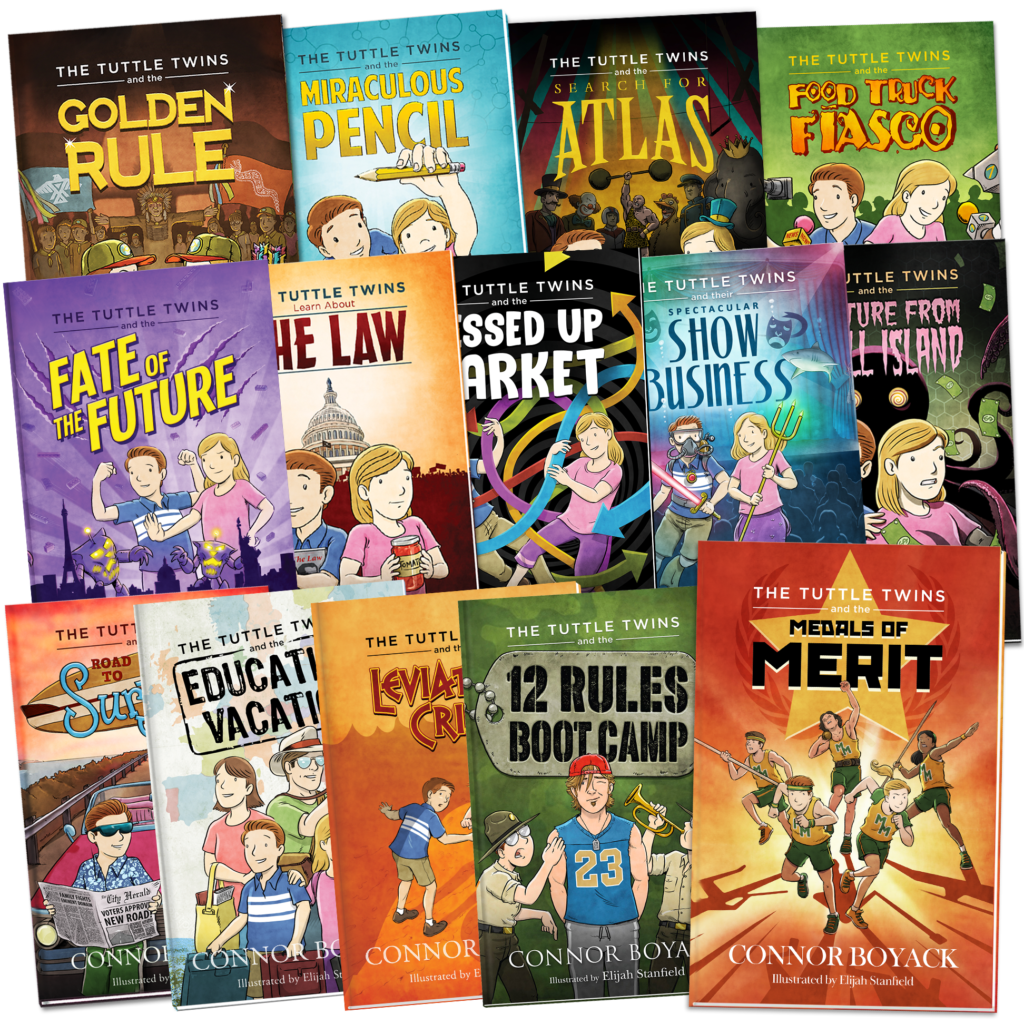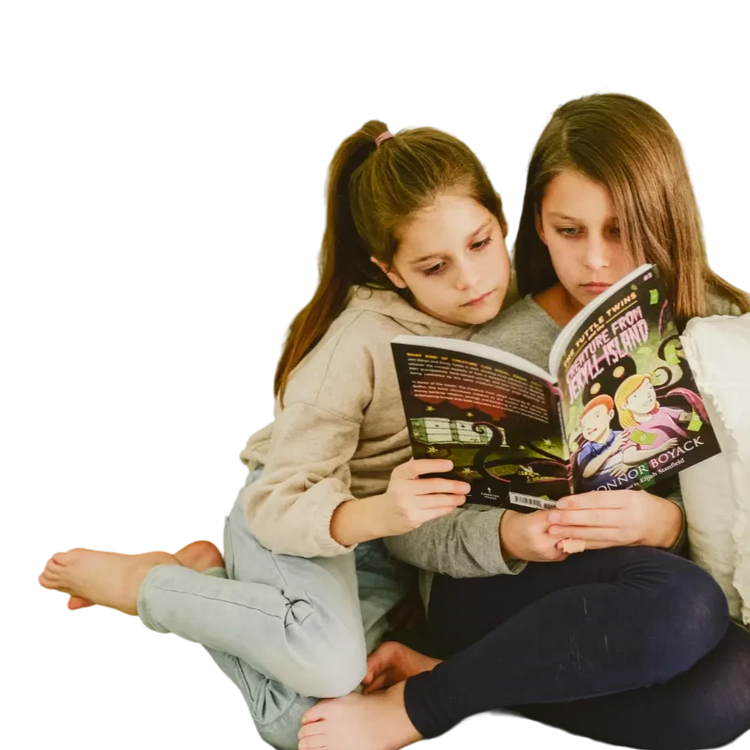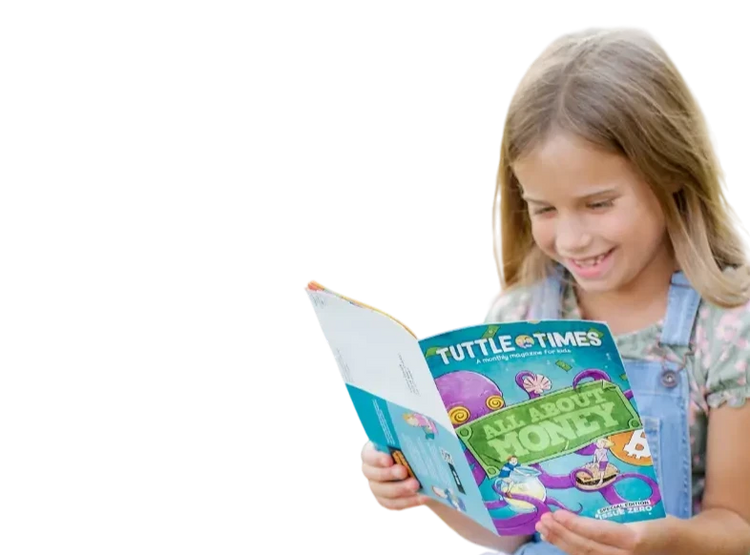THE TUTTLE TWINS BOOKS
Teach Your Kids the Principles of Liberty
Empower your family with engaging stories that inspire freedom, entrepreneurship, and personal responsibility—without the political spin or media agenda.
Give your child the tools to think critically, dream big, and become a force for good.

Copies Sold
Worldwide

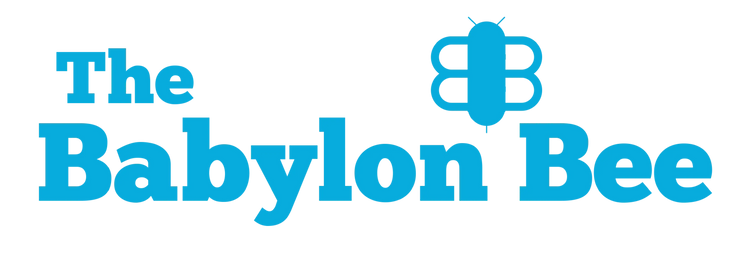


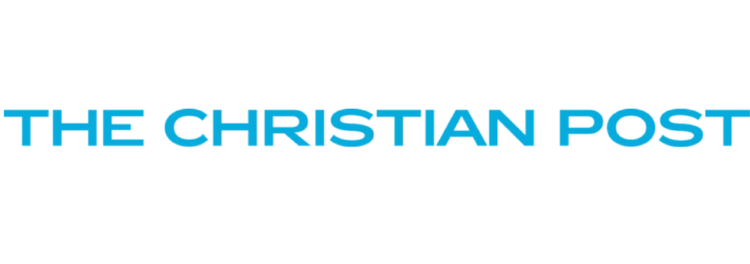
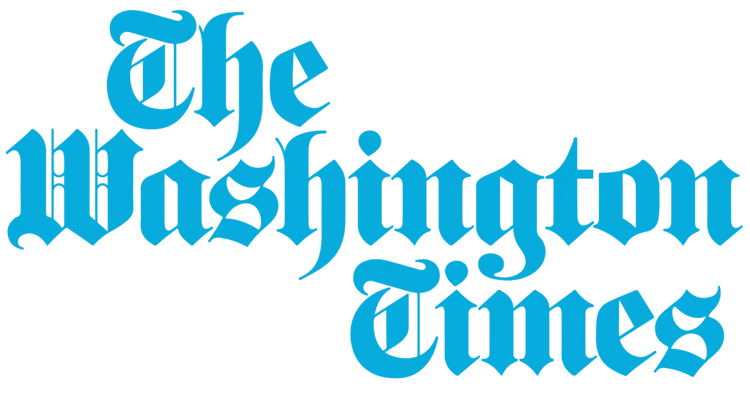
Finally, a New Kind of Education
That's Taking our Nation by Storm

“I think my kids now understand more about how the free market works than most of Congress… these books need to be read by everyone, ASAP!“
Empower Your Children

You might be wondering:
KIDS
Teach relevant freedom-based concepts that most of us were
never taught as kids. These stimulating stories encourage
children ages 5-11 to make sense
of the world.
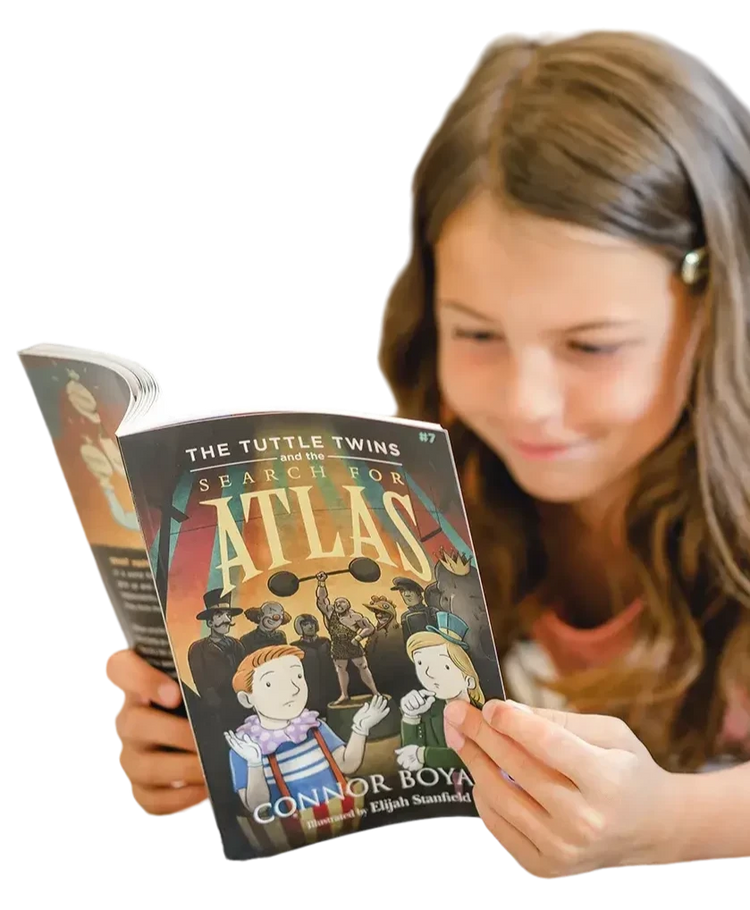
TODDLERS
Introduce big ideas to your (very!) little ones through these children's board books. Join the Tuttle Toddlers on their learning journey as they practice the ABCs and 123s of some important topics!
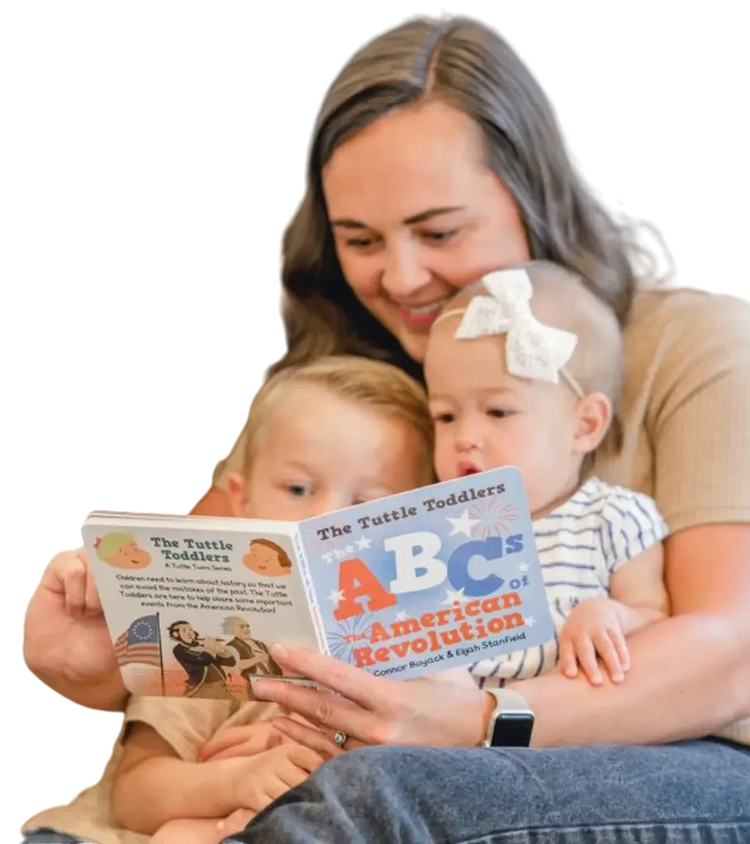
TEENS
Choose from both fiction stories (like the “Choose Your Own Adventure” books we grew up on) and nonfiction guidebooks, teaching things like entrepreneurship, critical thinking, and courage.

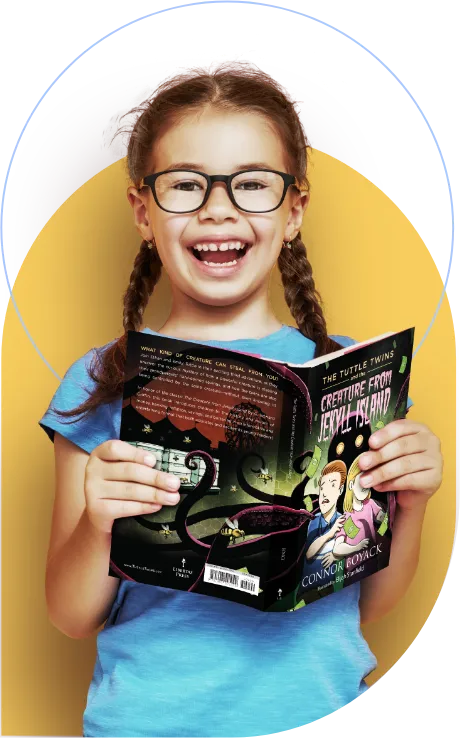
Parent with Confidence
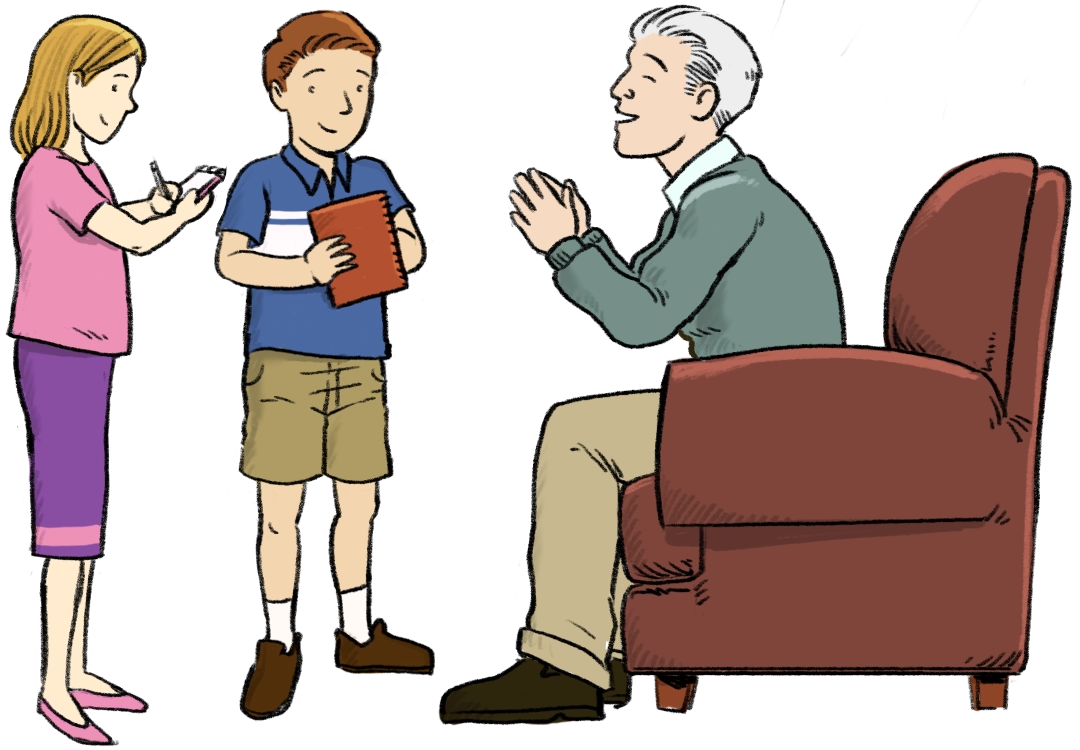
Establish Core Truths

Bond as a Family
